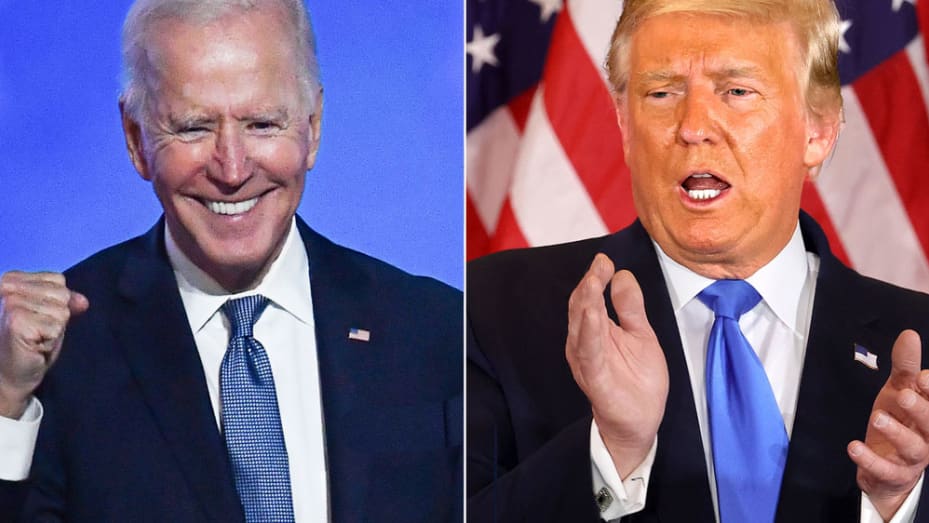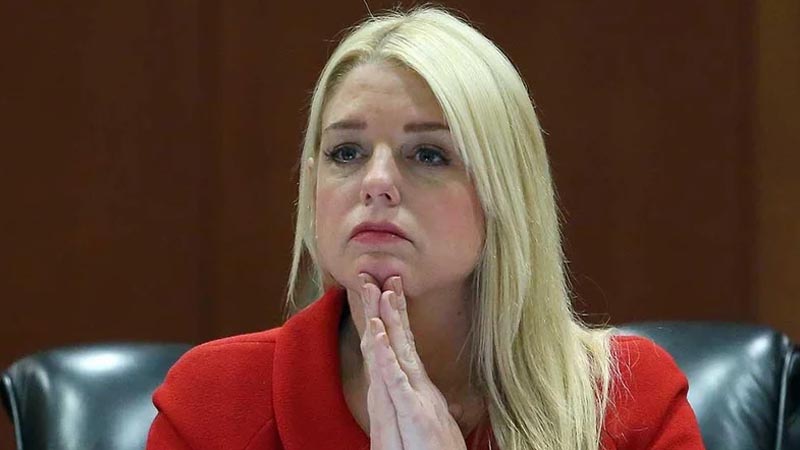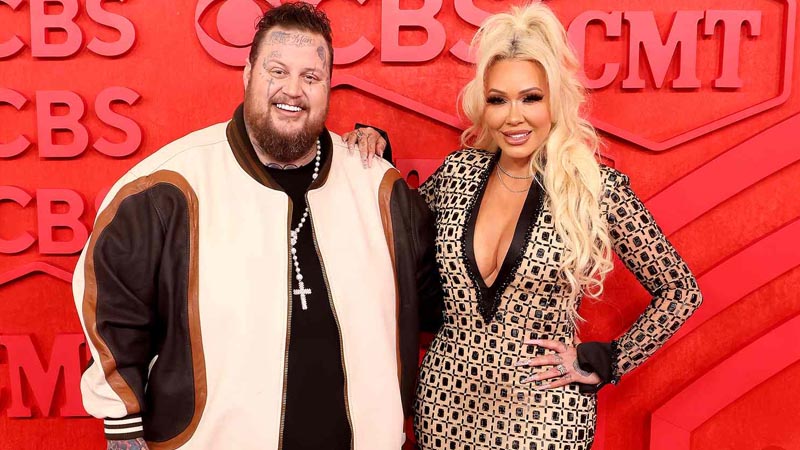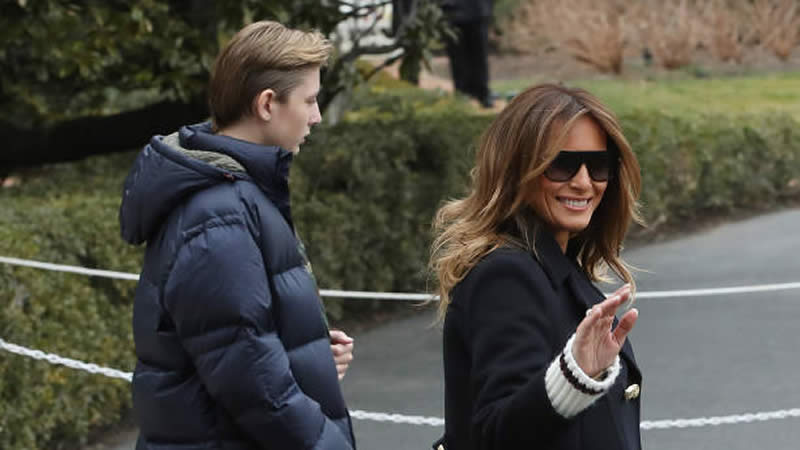Donald Trump Issues a Warning If the charges aren’t dropped, he will “blackmail” Joe Biden

(Getty Images)
Over the past month, Donald Trump has been vocally advocating for legal action against President Joe Biden, contingent on outcomes not aligning with his preferences. Despite these efforts, a significant setback occurred when an appeals court rejected Trump’s claims of immunity in a case concerning alleged federal election tampering taking place in the District of Columbia.
Unperturbed by this decision, Trump is gearing up to present similar immunity arguments in Florida, where he faces separate federal charges related to the mishandling of classified documents. This legal strategy comes amidst what appears to be an attempt by the former president to leverage threats against his political rival, as detailed by Raw Story.
Trump took to his Truth Social platform to express his concerns about the implications of a president lacking immunity. He argued that without such protections, a president could be vulnerable to extortion and blackmail by opposing parties, who might threaten indictments for actions taken while in office, even if those actions were lawful and proper.
Trump’s post did not mince words about his willingness to employ the Department of Justice as a tool against his political foes, should he return to power, and he even went as far as naming specific individuals he views as adversaries. In a stark declaration, Trump suggested that the absence of presidential immunity could lead to the incarceration of former presidents like Obama and Bush, as well as “Crooked Joe Biden,” thereby undermining the presidency and the nation itself, as reported by Rolling Stone.
He underscored the importance of preserving presidential immunity to “MAKE AMERICA GREAT AGAIN.” An earlier post by Trump on Truth Social echoed this sentiment, with Trump asserting that if he is denied immunity, then the same should apply to Biden, whom he accuses of various misdemeanors including issues related to the border and Afghanistan, as well as alleged financial improprieties involving foreign funds.
In a notable legal development from late December, the Supreme Court declined an expedited review request from Special Counsel Jack Smith regarding Trump’s immunity from prosecution for potential misconduct during his presidency. This followed a decision by D.C. District Judge Tanya Chutkan, who ruled against Trump’s bid to have the Department of Justice’s election interference case dismissed.
Despite the judicial processes still in motion, Trump has been openly plotting retribution against prosecutors and Democrats, indicating a readiness to use his presidential powers for legal pursuits against political rivals if reelected. Trump’s comments about potentially indicting political opponents who pose a significant challenge to him underscore his combative stance.
Meanwhile, a recent statement by a federal appeals court emphasized that Trump, now a private citizen, does not enjoy any special executive immunity from prosecution that he might have had as president. This development suggests a leveling of the legal playing field, although Trump’s spokesperson, Steven Cheung, hinted at the possibility of future appeals, indicating that the legal battles and political rhetoric are far from over.


